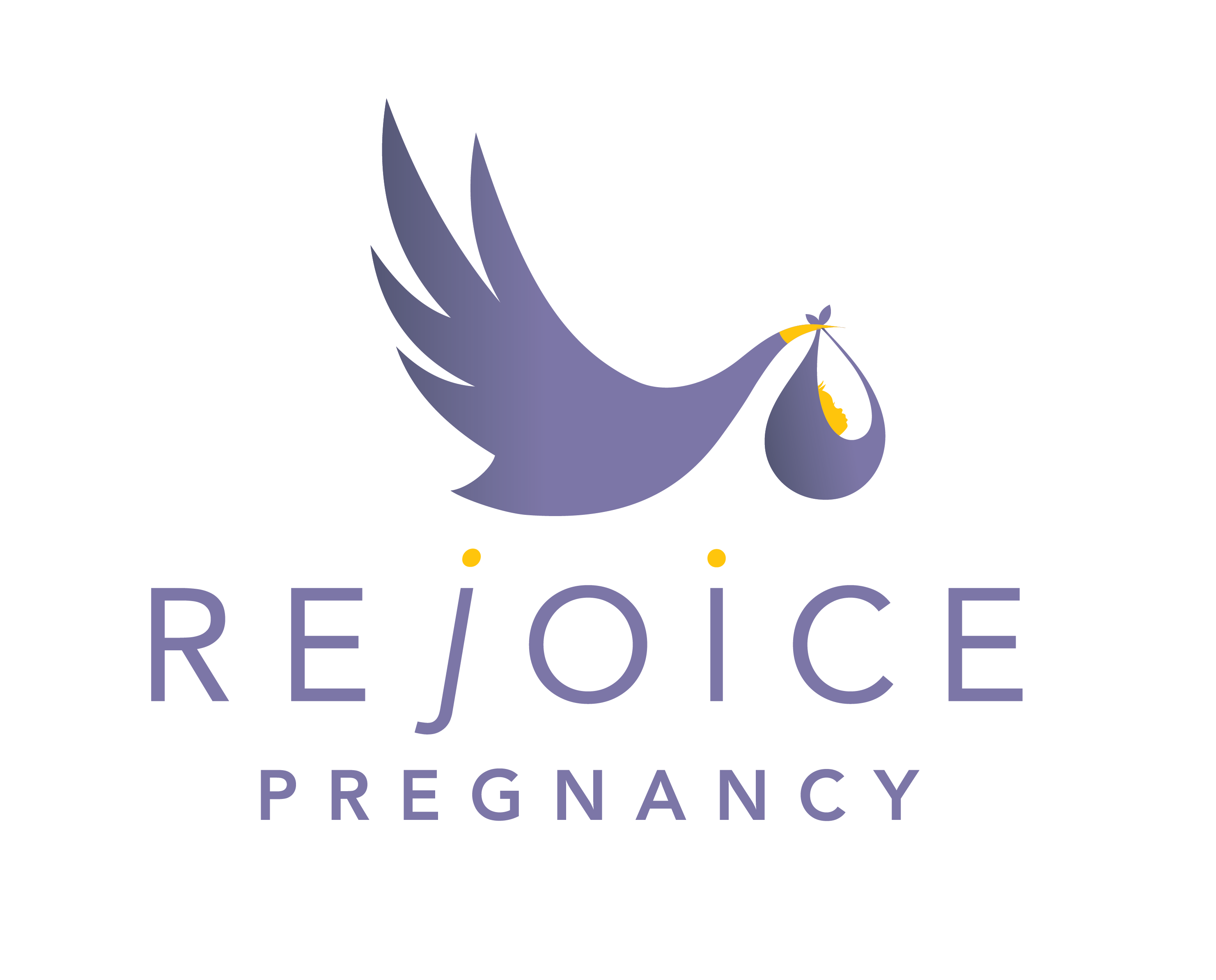If you’re considering C-section, know that it is major surgery, with greater risk than vaginal births and the possibility of complications in future pregnancies. It even impacts your baby’s ability to breathe just after birth. If you are slated for doctor-recommended C-sections for health reasons, rest assured the choice is the right one.
While medical emergencies or complications like the position of the baby make it essential for some women to have C-sections, some others opt for this method out of choice. Many of these decisions stem from a simple lack of awareness of what a C-section really involves and underestimation of the procedure or recovery. Here are things you should not know about C-section side effects, risks, and more.
1. C-Sections Are Major Surgery
Calling C-sections Cesarean “births” won’t cushion the reality of what they entail. While it may seem like they are just routine alternatives to traditional vaginal births, that is not the case. In fact, they count as major abdominal surgery. Which is why you are given anesthesia – general or local – to help numb the pain as incisions are made to your abdomen. The incision is usually 10 to 20 cm long and is horizontal, just below your bikini line. For the first 12 hours after the birth, you will have a catheter fitted to help you pass urine. Your wound will have a dressing on it for at least 24 hours, sometimes more.
Having a C-section will also make the hospital bill substantially higher too since it’s a surgery. Although other health factors are much more important than the bill, it is another side effect to consider.
2. C-Sections Raise Risk Of Complications During Future Pregnancies
If you have a C-section, it could also increase the risk of your having certain complications in future pregnancies. These include complications like a uterine rupture, placenta previa, where your placenta covers your cervix, and placenta accreta or abnormal placental attachment.
3. Recovery Time Is Longer For C-Section
A C-section birth means more hospital time for mum and baby. As with any major surgery, you will need to give your body time to heal and recover before you can get back to routine activities and vigorous exercise. You will also need to take care not to infect the wound. Watch out for any signs of pus or infection or unusually heavy bleeding that may be an unwanted outcome of the surgery.
In the first few days after the birth – usually 3 to 4 days – you may need to stay in the hospital under observation and with quick access to emergency care should you experience any complications. This also gives you time to start the healing, with the assistance of medical staff and nurses on hand. Painkillers will help you manage the pain and may be mild medication like paracetamol. Stronger alternatives like ibuprofen and co-codamol will be prescribed in some cases.
4. C-Section Births Can Make The First Breaths Hard On A Baby
A C-section delivery can be a very different experience for a baby, just as it is for the mother. Because of the speed with which the baby is born, without being squeezed through the narrow birth canal, breathing issues may occur right after birth. Babies born from a C-section usually require a little more help with their breathing just after delivery than babies born the traditional vaginal route. Which is why a pediatrician or specialist is usually present during a C-section birth to help with this and any other challenges arising from the procedure.
5. Your Baby May Be Sleepy Due To The Anesthesia
You will be given anesthesia as you undergo the procedure. Depending on the situation you could be given a choice of local or general anesthesia. In case of emergency C-sections, the latter is usually needed. Some of this does pass on to your baby, so expect him or her to be a little sleepier than other newborns. This effect may linger for six to twelve hours after the delivery. Help your child nurse as soon as you feel able, as the milk usually helps the baby wake up a little.
*Read More about Natural Birth vs C-section here.
One of the highlights of our “Lactation Therapy with Birth Preparation” service is that our maternal health visitors can help mothers who are at their 30 week or after mark to prepare and encourage vaginal birth by loosening the cervix, pelvic and perineal muscles.
Rejoice Pregnancy wishes to educate, prepare and support new parents throughout their pre/post pregnancy period while caring for the health and wellness of the mom.
Rejoice Pregnancy’s Birth Preparation & Breastfeeding Support Programmes will also ensure your baby has sufficient colostrum and quality milk supply upon his/her arrival!
Contact Us to find out more! ? 97778010 (whatsapp)
Right preparation starts with Rejoice Pregnancy. Let us Rejoice with you!

